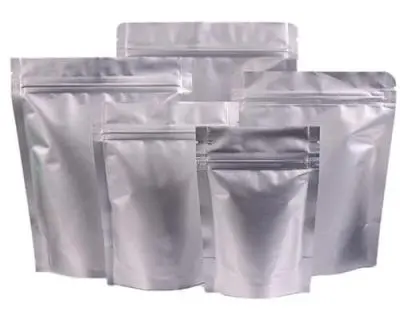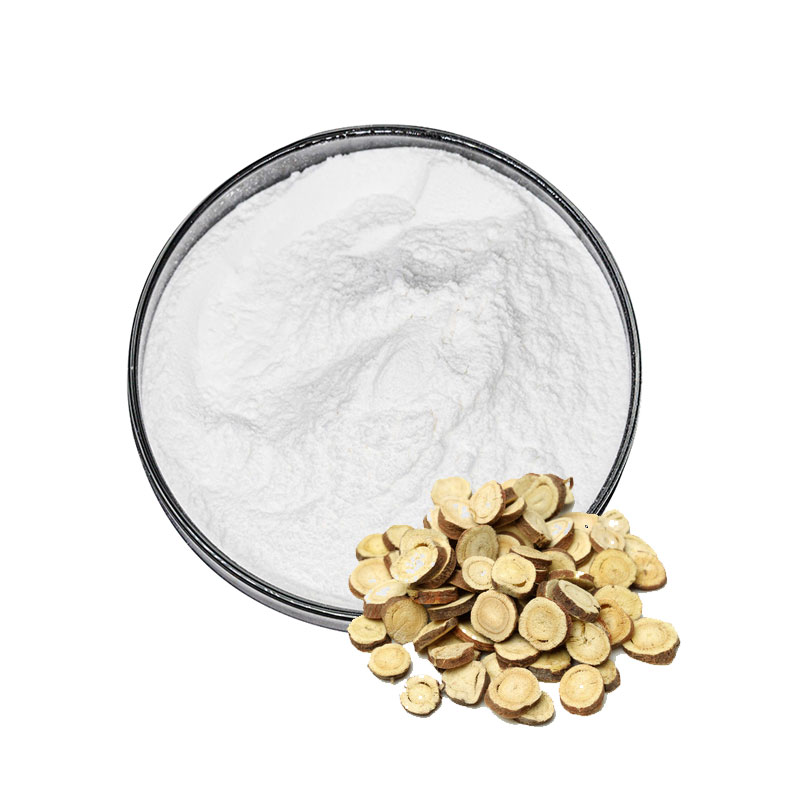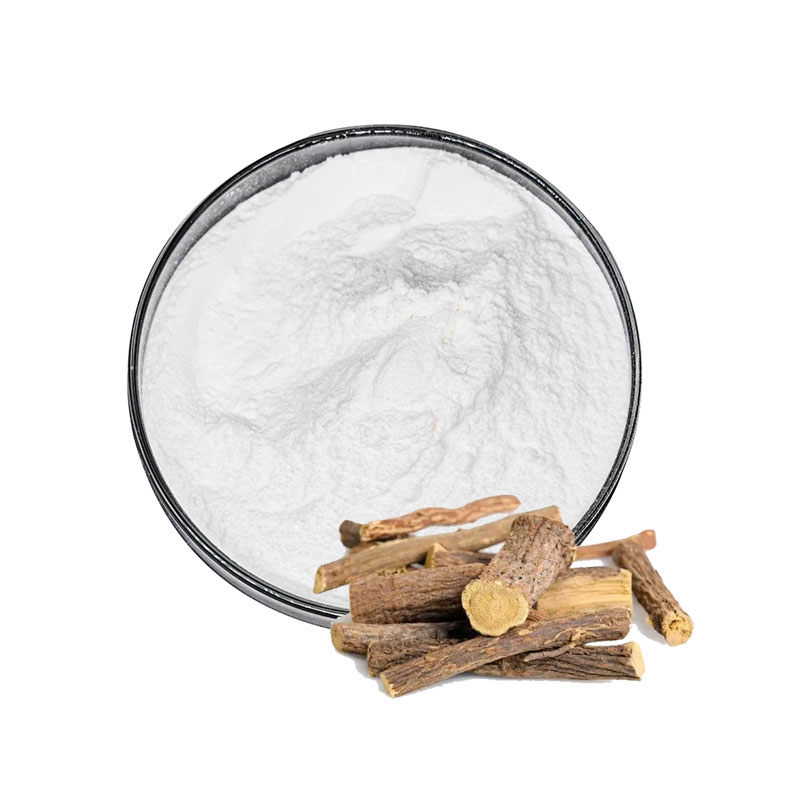Tannic Acid
- Product Name:Tannic Acid
- Botanical Source:Gallnut
- Appearance:Brown
- Sample:10-50gFree Sample
- Part Used:Fruit
- Certificate:ISO9001/Halal/Kosher/SC/Organic/BRC/SC
- Shelf time:2 years
- Customization:Available
-
What is Tannic Acid?
Tannic acid is a type of polyphenol found in various plant sources, including oak bark, tea leaves, and certain fruits. It is a naturally occurring astringent compound that has been used for its medicinal, industrial, and culinary properties.
Key Characteristics and Uses:
- Chemical Structure:
- Tannic acid is a complex polyphenolic compound known for its ability to bind and precipitate proteins. It is a type of tannin, which is a larger group of polyphenols.
- Astringent Properties:
- One of the primary characteristics of tannic acid is its astringency. It can cause proteins to bind together and precipitate out of solution, which makes it useful for its tightening and drying effects on tissues.
- Medical Uses:
- Wound Healing: Tannic acid has been used in topical applications to treat minor wounds and burns due to its astringent properties, which can help reduce bleeding and promote healing.
- Antimicrobial Activity: It has antimicrobial properties that can help inhibit the growth of bacteria and fungi, making it useful in some medicinal formulations.
- Industrial Uses:
- Tanning Leather: Tannic acid is traditionally used in the tanning process of leather, where it helps to make the leather more durable and resistant to decomposition.
- Ink Production: It is used in the production of certain types of inks, particularly iron gall inks, where it reacts with iron salts to produce a dark, stable color.
- Culinary Uses:
- Tea and Wine: Tannic acid contributes to the astringency of tea and red wine. It can influence the taste and mouthfeel of these beverages.
- Analytical Chemistry:
- Protein Precipitation: In analytical chemistry, tannic acid is used to precipitate proteins from solutions, which is useful in various laboratory procedures.
Tannic Acid Specification
| Product Name | Tannic Acid |
| Botanical Source | Gallnut |
| Specification | 50%~80%Tannic Acid |
| Test Method | HPLC |
| Appearance | Brown |
| Sample | 10-50gFree Sample |
| Part Used | Fruit |
| Storage Conditions | Cool and Dry |
| Transport Package | Bag or Drum |
| Certificate | ISO9001/Halal/Kosher/SC/Organic/BRC/SC |
| Shelf time | 2 years |
| Available In | Bulk, Private Label/OEM, Individually Packaged Goods |
Safety and Considerations:
- Toxicity: While tannic acid is generally considered safe when used appropriately, excessive intake can lead to adverse effects. High doses may cause gastrointestinal irritation or interfere with the absorption of certain nutrients.
- Allergic Reactions: Some individuals may experience allergic reactions to tannic acid or tannin-containing products.
Sources:
- Plant Sources: Tannic acid is found in high concentrations in oak bark, tea leaves (especially black tea), and some fruits like pomegranates.
- Commercial Products: It is available in various forms, including powders, solutions, and extracts for use in medicine, industry, and research.
Samples&Shipping
1.Less than 50g sample for free
2.Convenient DHL,FEDEX,AIR and SEA service


How To Buy Tannic Acid ?
Just send email to info@herb-extract-supplier.com, or submit your requirement in bottom form, we are of service at any time!
Frequently Asked Questions
Does Honghaoherb offer free samples?
Yes, we offer free samples for 20-50g.
What is the minimum order quantity (MOQ)?
In general, the MOQ is 500 kg. Please contact our sales team for details.
Is there any discount?
With a standardized pricing scheme, we encourage you to contact us to learn more.
How long does the shipment take?
We have warehouses in Asia, North America, and Europe, thus our lead time is 30% shorter than other suppliers.
Are the products certified?
Yes, certified products we supply include USDA, NOP, Kosher, and Halal. Please contact us to learn more about the certifications.
Can I visit your factory?
We welcome our customers to visit our plant and the wild collections.
- Previous Article: Chondroitin Sulfate
- Next Article: Eucommia ulmoides extract














